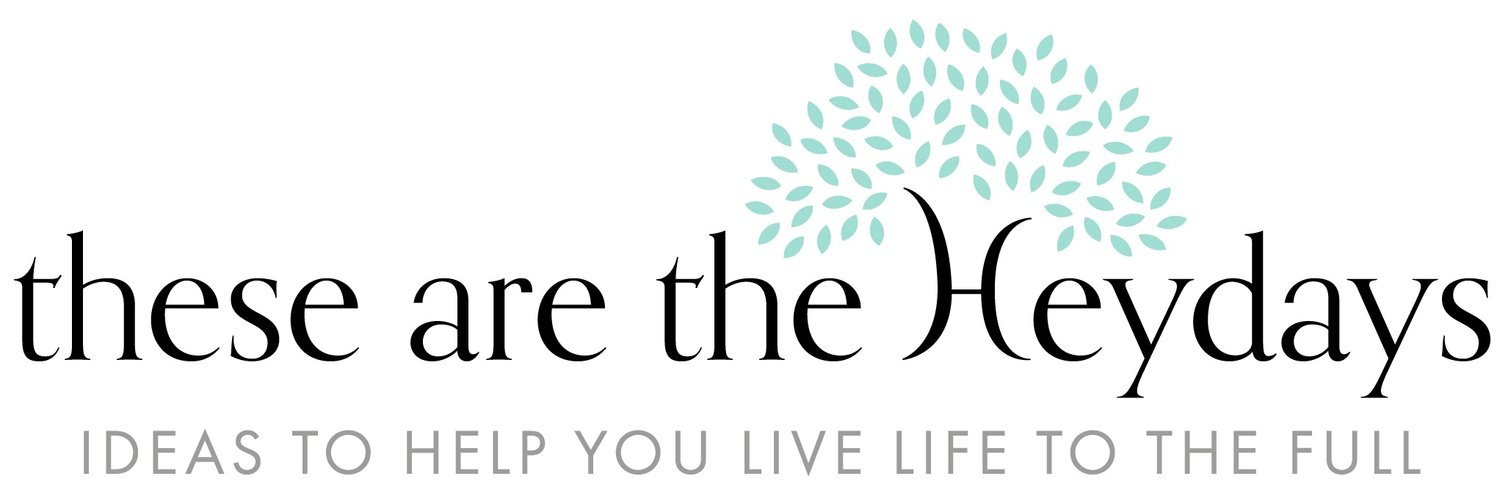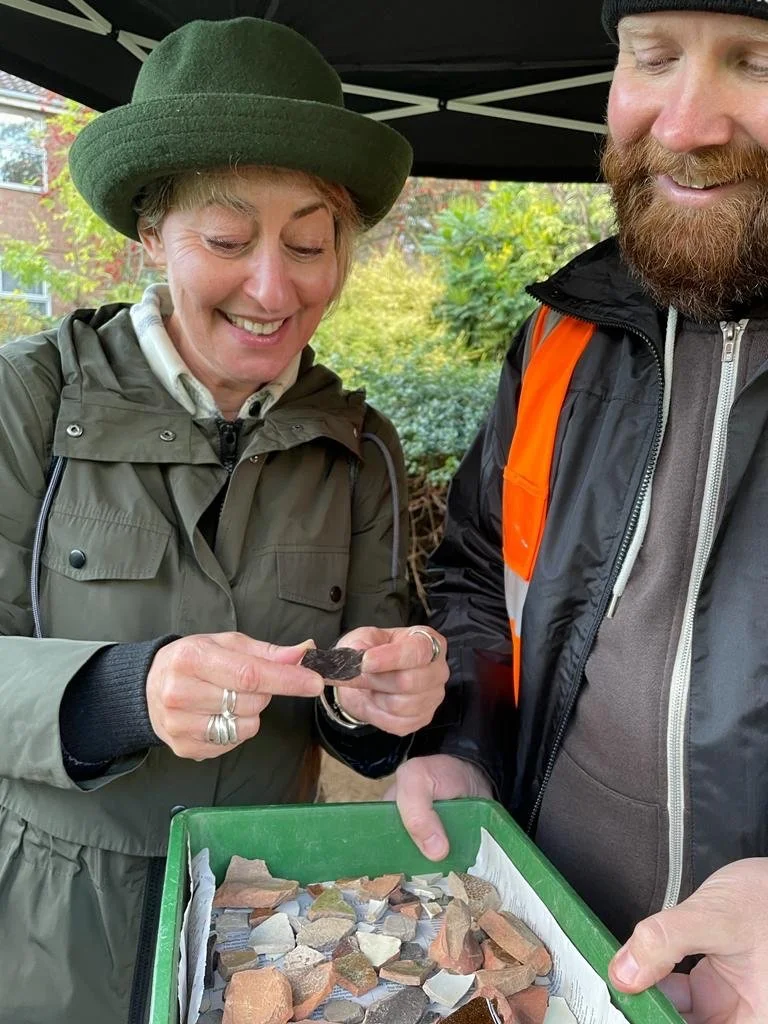In praise of napping
Can we all take a moment to acknowledge just what a magnificently, I might even say magically, restorative thing a nap is.
To be clear - when I say ‘nap’ I’m not talking about those lazy holiday, post-lunch siestas, or those snuggled-under-a-throw winter afternoon slumbers. A true nap is brief and to the point. Taken somewhere comfortable but not too cosy. Leaving you rested and not groggy afterwards. Refreshing and reviving you but not posing any risk to your night time sleep.
It’s in the genes
My dad ran his own travel agency, and every day without fail he would close his office door, tip back his desk chair, and nap for exactly 40 minutes. I realise, thinking about it, that everywhere I’ve ever worked, I’ve instinctively sought out the nearest outdoor patch of green, and regularly, whenever the weather has allowed, headed there and treated myself to a nap. (like father, like daughter, eh? Believe me, if I’d ever worked in anything other than an open plan office, I’d probably have found a way to follow his example indoors as well.)
Turns out dad was on to something, because napping well (yes, there is a way to nap badly. I’ll get to that) has been shown in many studies to make you more alert, to help your brain function more effectively, to enhance your memory and to boost your immunity. Naps have the power to improve your mood and your energy. Not bad for a few minutes shut-eye.
Taking the perfect nap
So lets talk about just how many minutes constitutes the perfect nap. According to Jeff Rodgers, a certified sleep expert with the brilliantly named American Board of Dental Sleep Medicine and the American Sleep and Breathing Academy (I could have referred to any number of other experts who say the same thing, I chose Jeff simply because of where he works) “for most people, the 20- to 30-minute ‘power nap’ is the sweet spot for boosting alertness and focus. Waking up just 30 minutes after falling asleep for a nap ensures you’re in the early stages of the sleep cycle and won’t feel groggy.”
Even a 15 minute nap can be beneficial but best to avoid anything as much as an hour - or more - if you don’t want to risk feeling drowsy and lethargic afterwards, and possibly having your night time sleep impacted.
If it helps you to regulate your napping time, you can always do what I do, which is to set an alarm. I find it means I can drift off to sleep quicker knowing that I won’t overshoot my prime napping period.
Where and when
Where and when you nap also has an effect on the quality and benefits of your doze. The key is not to make it somewhere so comfortable and snug that you’re tempted to stay sleeping for too long. Some people need somewhere dark and quiet, others can nod off pretty much anywhere. You’ll know what works best for you.
Generally speaking, the prime time to nap is between 1 and 3pm as this is when the body has a natural slump. Certainly try not to nap too late in the day, for the obvious reason of its knock-on effect on your sleep overnight.
And that’s it where napping guidelines are concerned. Uncomplicated suggestions for an uncomplicated activity (can sleep be described as an activity?) that has a whole load of pretty uncomplicated benefits.
But if you need any more encouragement to give in to your inclination to doze off during the day, know that NASA tested the effects of power napping on astronauts and found it gave an effective boost to their performance and alertness. So if it’s good enough for astronauts…..
Other posts you’ll enjoy
Five reasons why you need to do nothing at all
Why rest matters and the top 5 most restful things to do





